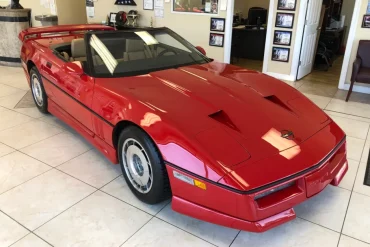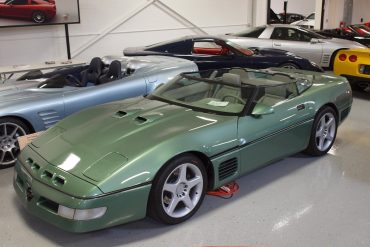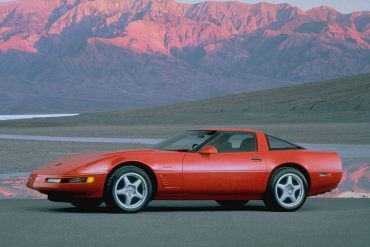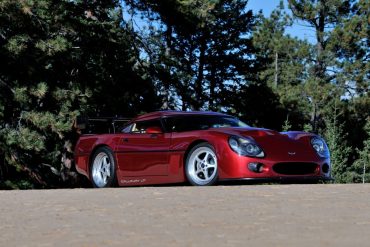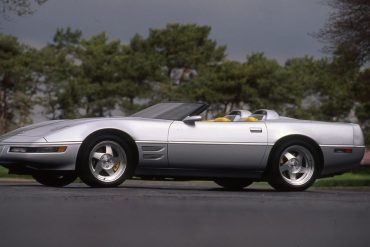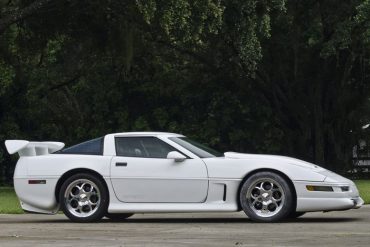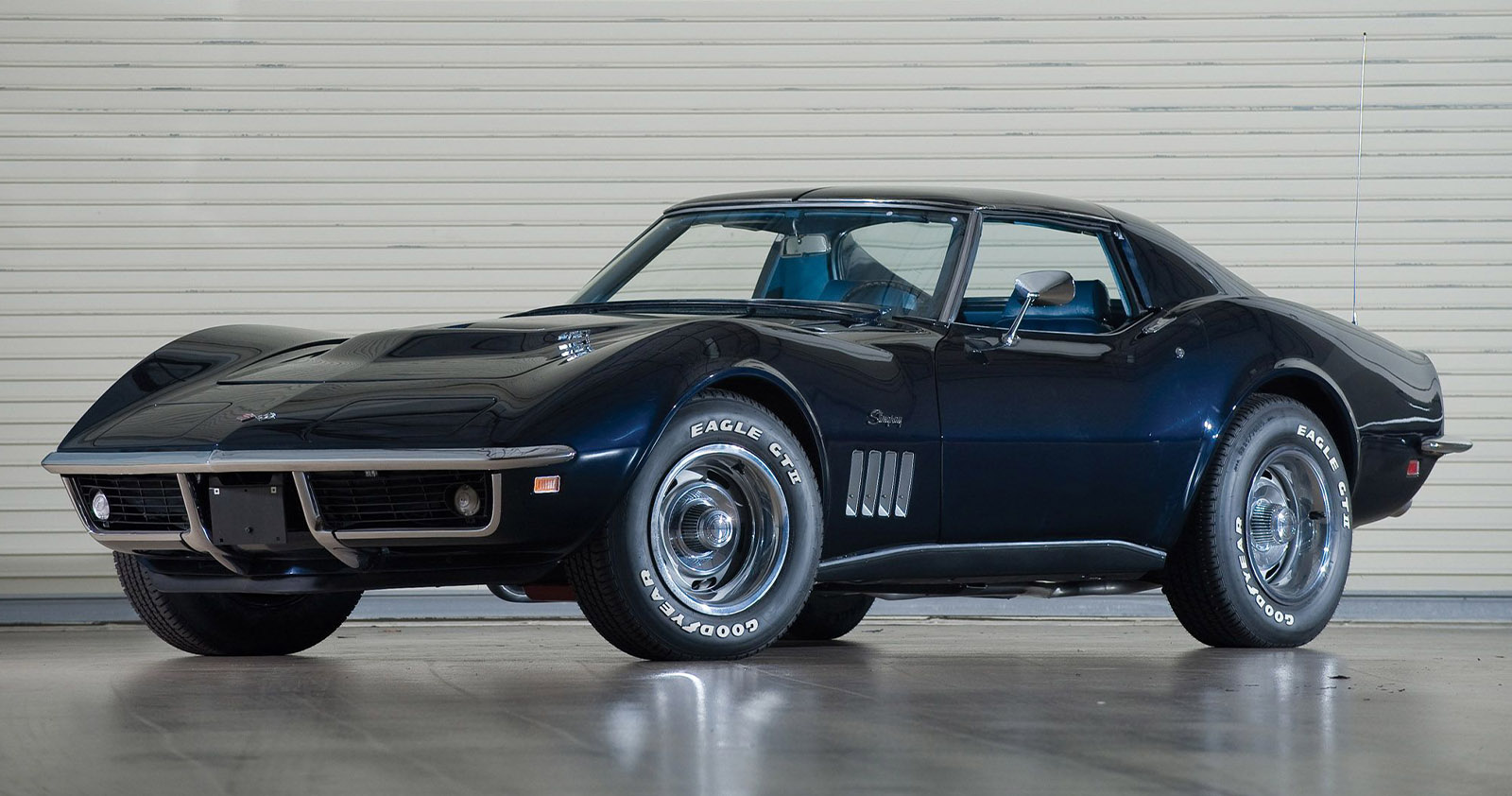Offered from 1987 to 1991, the RPO-B2K upgrade was available from any Chevrolet dealer and also Callaway’s first major Corvette tuning program. Together, GM and Callaway made the upgrade package a Regular Production Order (RPO) which was the first time GM had outsourced such an option to a specialist manufacturer. It even had a factory back warranty. As the C4 updated, so did Callway’s program and by 1988, the B2K was pushing 382 bhp and 562 ft. lbs. of torque.
In 1989 Callaway introduced a Speedster which was the culmination of their styling, engineering and trimming talents. Their first example was a bright green ZR1, which had a severely chopped windscreen, no side mirrors, eighteen inch wheels and a vibrant blue leather interior stitched purposefully from Germany. Nothing about Callaway’s Speedster was reserved, and this is especially true when investigating the specification. The car had 450 horsepower.
The C4 ZR-1 Corvette, even some 30 years after its initial year of production, carries indisputable performance merit, the likes of which few can deny. In fact, the ZR-1 is often cited as the car which helped fend off threats, both foreign and domestic in origin, to the Corvette's elite performance car status. However, after only 6,939 ZR-1 Corvettes were built, and 6 years of production had passed, the program was terminated, falling victim to decisions regarding pricing.
The offspring of collaboration between Corvette performance guru Reeves Callaway and designer Paul Deutschman, the Super Speedster LM is an astonishing step up on the original Speedster, taking full advantage of the ZR1’s Lotus-engineered, all-aluminum DOHC engine and 6-speed manual transmission. One of only three twin turbocharged and intercooled LT5 engines built by Callaway, it delivers a pavement-shredding 766 HP.
Chevrolet Corvette ZR-1 Spyder prototype, 1991, by ASC. An experimental styling prototype ordered by Don Runkle, Chevrolet’s chief engineer, to see how far the ZR-1 might be pushed in convertible form. The windshield was chopped in half and the seats were mounted directly to the floorpan. The black example in the National Corvette Museum was originally painted Sebring Silver with a Neutrino Yellow interior.
For the fourth generation Corvette, legendary Corvette racer John Greenwood developed the G4R. It was essentially a radical bodykit that usually followed a high level of performance upgrades. Included was a ground effects package that had integrated lights on the front valance. Furthermore the a new engine scoop and rear wing were fitted.


